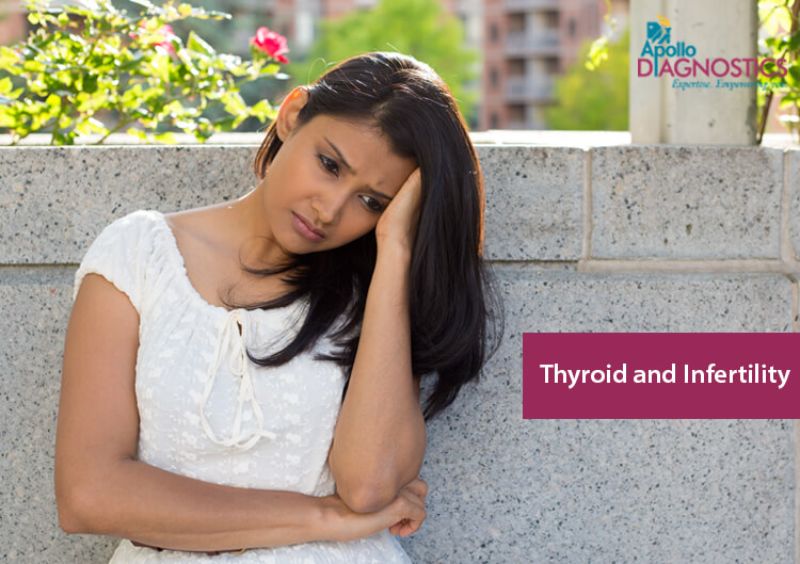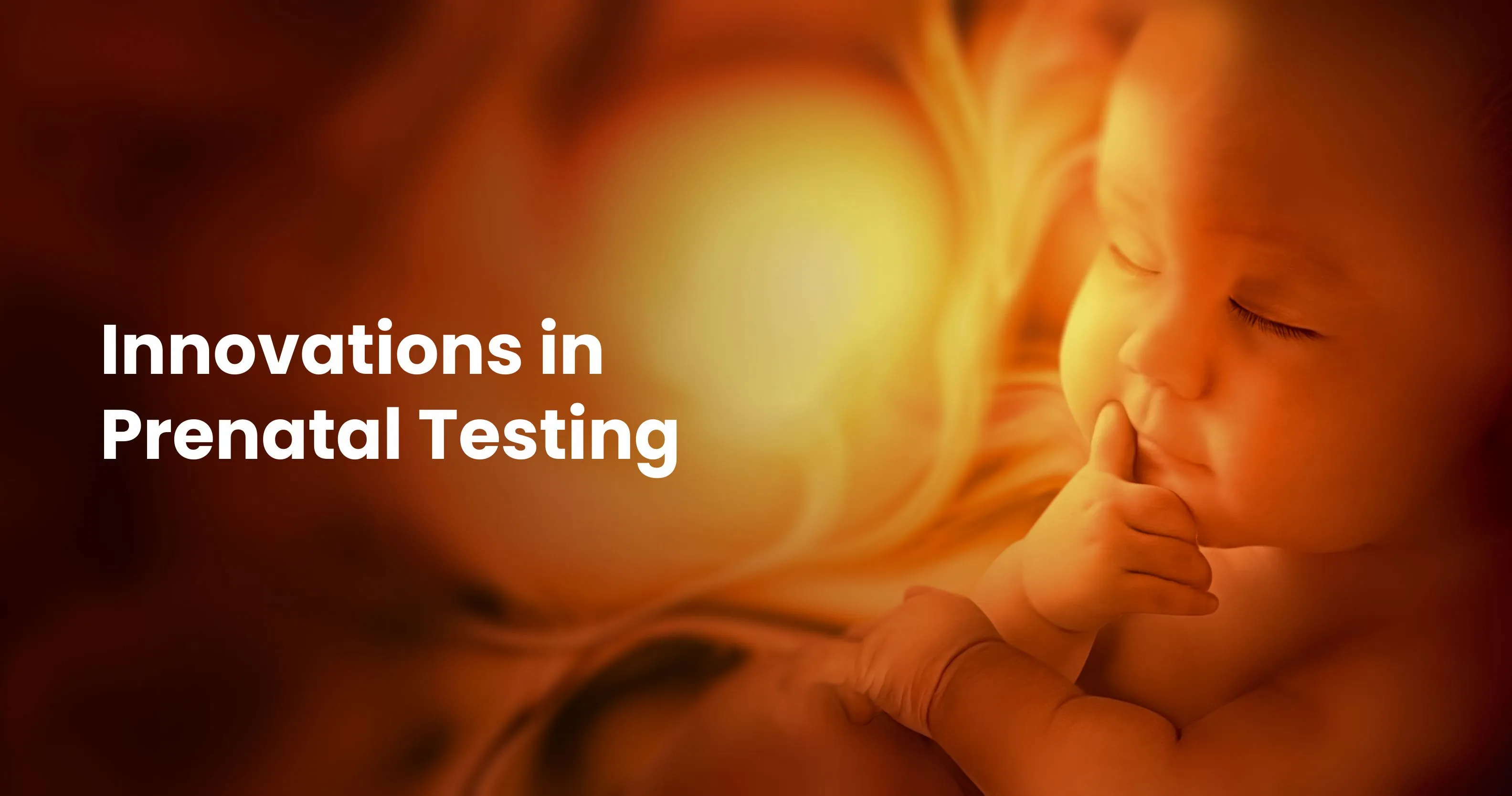Thyroid and Infertility
Jun 04, 2020

Hypothyroidism
Hypothyroidism is a condition in which the thyroid gland, situated in the neck region, underperforms. As a result, the levels of thyroid hormone in the body decrease. Low levels of thyroid hormone can interfere with ovulation – that is, the release of the egg from the ovary – thereby impacting fertility. Disorders which cause hypothyroidism, such as autoimmune or pituitary disorders, may impair fertility. Hypothyroidism might also cause a delay in reaching sexual maturity.
Hyperthyroidism
On the other hand, fertility problems are also associated with hyperthyroidism – or an overactive thyroid gland. It was found that 2.3 percent of women with fertility problems had hyperthyroidism. In addition to affecting fertility, thyroid disorders also cause reproductive problems. For instance, hyperthyroidism is also associated with menstrual irregularity. Thyroid abnormalities may also result in reduced conception rates, increased miscarriage risk, stillbirth, premature birth, poor growth of the foetus, preeclampsia, and troubles during pregnancy and neonatal stages. If there is a history of Graves’ disease (which is the most common cause of hyperthyroidism), the antibodies might still be present in the blood and might affect both the pregnant woman and the baby after birth.
history of Graves’ disease (which is the most common cause of hyperthyroidism), the antibodies might still be present in the blood and might affect both the pregnant woman and the baby after birth.
 history of Graves’ disease (which is the most common cause of hyperthyroidism), the antibodies might still be present in the blood and might affect both the pregnant woman and the baby after birth.
history of Graves’ disease (which is the most common cause of hyperthyroidism), the antibodies might still be present in the blood and might affect both the pregnant woman and the baby after birth.Even in men, hyperthyroidism can reduce the sperm count, leading to infertility. It returns to normal once the condition is treated.
Countermeasures
Some doctors recommend a screening for thyroid dysfunction at the beginning of pregnancy. It is even more necessary if the person is taking treatment for fertility or has struggled with miscarriages.
If detected early, it is possible to start treatment to avoid further complications. According to doctors, the treatment is quite simple and safe to carry out during pregnancy. The medicine is administered according to the patient’s weight and monitored by blood tests. Increasing levothyroxine dosage during pregnancy (if the person is already taking it) can normalise the thyroid function as soon as possible.
If one is planning for pregnancy, it is recommended that the TSH (thyroid stimulating hormone) should be on the lower side before pregnancy so as to reduce the risk of miscarriage.
Thyroid dysfunction is just one of the factors that might cause infertility. To be sure, it is safe to discuss all possible measures with the doctor (whether or not there is a medical history) before going ahead with pregnancy planning. If the diagnosis has already been made, the necessary steps can be taken to restore fertility to normal.
For accurate test results, performed with the latest in diagnostic technology, by trained professionals, book an appointment with Apollo Diagnostics today.
Related Blog Post
Blog Categories
- Child Health
- Mens Health
- Women's Health
- Mental Health
- Health Myths & Facts
- Fitness
- Nutrition/Recipes
- Remedies
- Weight Management
- Stress Management
- Health Supplements
- Addiction Management
- Disease Management
- Allergy
- Anemia
- Arthritis
- Asthma
- Autoimmune Diseases
- Blood Pressure
- Cancer
- Deficiencies
- Dengue/Malaria/Chikungunya
- Diabetes
- Eye Problems
- Heart Diseases
- Hepatitis
- HIV/AIDS/STD
- Hormonal Imbalance
- Infection/Flu/Viral
- Kidney
- Liver
- Menstrual Problems
- Pregnancy
- Skin & Hair Problems
- Stomach Ailments
- Thyroid
- Others
- Health Checkups
- Diagnostics/Pathology
- Lifestyle & Wellness
- Covid
- Medical Tests
- Cholesterol
- Health Tips
- Parent Care/Old Age
- Lungs
- Food Intolerance







